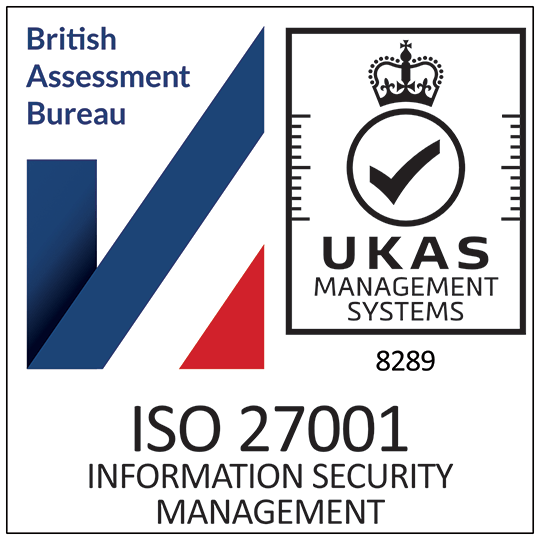Exploiting Plastic Membership Cards to the Full
Plastic membership cards have been around for a while but new technologies have made the simple plastic card smarter than ever.
Hundreds of organisations give their members plastic cards indicating their membership of, for example, libraries, social clubs, gyms or bingo halls. Supermarkets and retailers also hand out plastic membership cards to their customers in order to provide access to a store’s loyalty or reward scheme.
A membership card not only makes the holder feel a valued part of the club or association that issues the card, it can also convey a warm feeling of exclusivity to customers who are granted access to special events, deals or offers on the basis of their plastic id cards.
Traditionally, membership cards contained some basic printed information and a few personal details; name, address and membership number. When manufacturers incorporated a magnetic strip into the card design, this advancement ensured that plastic membership cards could be used to store relevant customer details on the card that could be accessed via a computer.
It is the use of the latest technology of embedding a microprocessor chip into the card that has made the plastic card smart. Not only can the card store personal information and account details, it can also hold a history of interaction between card holder and issuer; for example the number of books withdrawn from the library or the type of products bought in store.
It is these developments in plastic card production that have significantly improved the tracking of a cardholder’s relationship with the organisation or retailer issuing the card. As a result, the humble plastic membership card has become one of the most important sales and marketing tools a company can employ.
Access to a membership card holder’s history with the organisation or company allows the card issuer to tailor special offers and rewards schemes towards individual customers using details stored on their plastic membership card. Card carriers can also access their own account details and make amendments to the information stored there, such as a change of address or account preferences.
Plastic membership cards are low cost and are highly customisable. They are also durable, making them both an economical and long term means by which to improve advertising and marketing. Research has also indicated that the use of member’s loyalty and reward cards builds an organisation’s customer base and increases customer satisfaction.
To take full advantage of one of the smartest means by which to look after your clients, why not explore our site or contact our team for further information?




